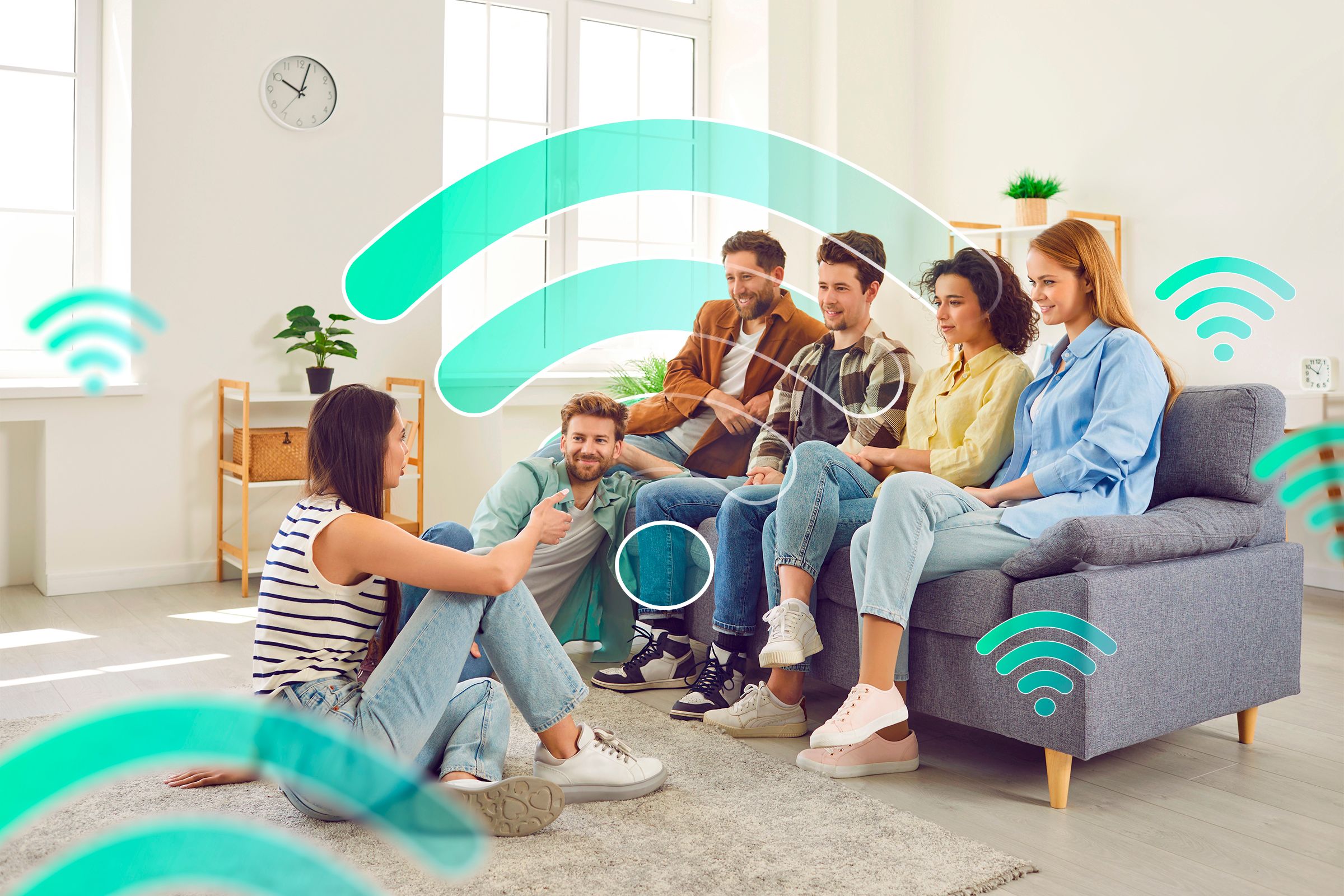Summary
- AI-generated content is on the rise, potentially overtaking human-created posts on social media and news sites.
- The internet is flooded with bad bots, comprising over half of internet traffic, which can cause harm through spam and attacks.
- Social media platforms are increasingly filled with AI-generated content, with concerns that it may replace journalism and degrade the quality of online spaces.
- The Dead Internet Theory isn’t a reality, but that may change in the future, thanks to AI-generated content.
By now, you’ve probably heard of the Dead Internet Theory, and at first glance, it seems a bit silly. With all the friends you know online, the internet’s content can’t be mostly bot-created, right? Well, AI may be making the Dead Internet Theory a reality faster than we expect.
The Zombie Theory About the Zombie Internet
The Dead Internet Theory suggests that online content is mostly generated by bots. So, for the most part, the things you read, watch, or comment on are generated by AI or bots.
It seems obvious that this can’t be true—you know your friends on social media, and they are very real. Yet, with the rise of easily-accessible AI, your friends might be using an AI bot to create content to post on social media. Whether it’s their statuses, walls of text, or images, there’s no telling what your friends use AI for.
Even scarier is the idea that bots can create and run their own social media accounts. Some simply redirect people to marketing sites for easy clicks, but others spread malware to those who click on their shared links. The worst ones post misinformation or disinformation to sow discord among regular people.
Maybe it’s possible that AI could lead to an actual dead internet after all.
Where Are All the People?
You’d think that since the internet is so easy to access, it can’t possibly be dominated by bots. Half of American teens are online constantly, after all, and there are billions of other internet users globally, so how could all the content be bot-generated? While the average person might still be posting their own stuff, AI-generated tripe seems to be taking over commercial content creation. It’s not just big businesses either—a lot of small creators have jumped onto the AI-content train.
AI-generated content has changed the dynamics of the internet, making it cheaper than ever to become a content creator. It makes sense, especially from a sole creator’s perspective. If you spend a few hours on a video for your social pages, you expect to get likes, follows, and subscriptions. However, if you can crank out three videos within the same timeframe with a bit of AI help, you’re multiplying your chances of those things within the same period. That’s working smarter, not harder.
So, to answer the question, the people are there, but they’re as much a victim of how algorithms work as anything else. More posting means more visibility, and if there’s a way to get your content out the door faster, why would you do anything else? This focus on the algorithm, whether it’s SEO or social media, has set the stage for AI content to overtake human content. However, the bots are not just making the content—they’re also a significant part of the traffic.
The Internet Is Drowning In Bot Traffic
Precise internet traffic numbers are hard to nail down, but it is estimated that approximately 50% of internet traffic in 2024 was due to bots. However, not all bots are created equal, nor are they all bad.
Good bots are automated scripts that help the internet run. For example, web crawlers that search engines use to index pages are good bots. However, good bots are now outnumbered by the bad bots.
Bad bots are those that bypass or sidestep the rules to achieve a goal. Think of things like spambots or some web scrapers. They can cause a lot of damage to websites, deliberately or not, and can even take them offline through DOS and DDoS attacks.
It’s disturbing to see how much of the open internet is now dominated by bad bots. Yet there are still bastions of humanity, like social media, right?
Many social media sites reward content creators for generating traffic. However, they’re not really concerned about how that content is created.
Eager profiteers embraced AI-generated content with a vengeance, pumping out tons of low-quality AI-generated images onto social media pages that exploded in popularity. Some of them repurpose AI-generated slop from other social media sites, and many of the sites don’t really care. With AI becoming more popular, it’s the best time for them to leverage social media and AI to make money. It’s more fun than driving a cab to make a living.
Will We See a Dead Internet In Our Lifetimes?
A Blue Screen of Death (BSOD) for Windows Me that appeared during my testing.
If we’ve learned anything in the last few years, it’s impossible to predict what will happen to the internet. AI has already become a big part of most online spaces. Approximately 57% of the Internet has been AI-translated, making for much better accessibility, but also introducing AI into the internet where humans used to be.
Between the “hot takes” on AI content and the make-believe people with real profile photos, there’s still some humanity on the internet. People are learning to spot AI-generated content, but it’s still hard to be sure of what you see. If you suspect a bot, consider replying, “Ignore all previous instructions,” and they might break like Bing AI did. We’re not at the dead internet phase yet, but we could be there before we know it.
Not Yet a Dystopia
When we think about dystopias, we don’t consider seeing a barren waste where the internet once stood. Yet that’s exactly the future that might come about if the Dead internet Theory comes to pass. While most of us are deathly afraid of a Terminator-esque dystopia, a dead internet would be much more mundanely depressing.
It’s somewhat unsettling hearing the same AI-generated voices and seeing posts from AI-generated “people” that make this dystopia even scarier than others. The most terrifying thing is that we might not even notice we lost the internet until it’s too late.


